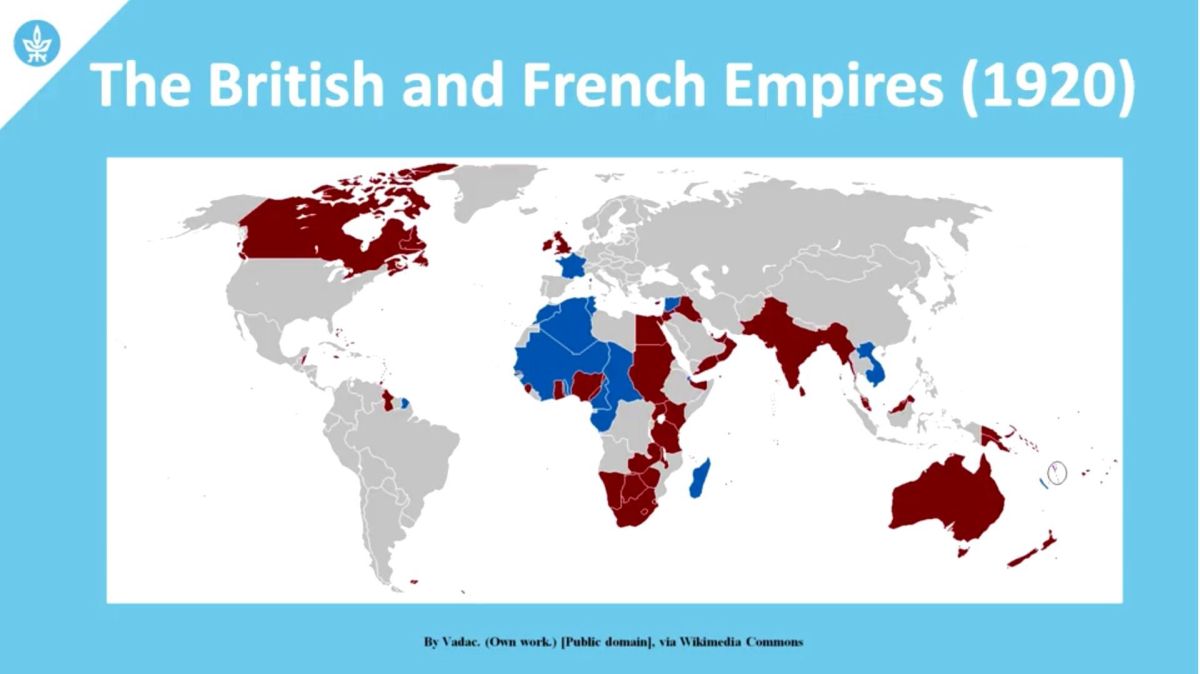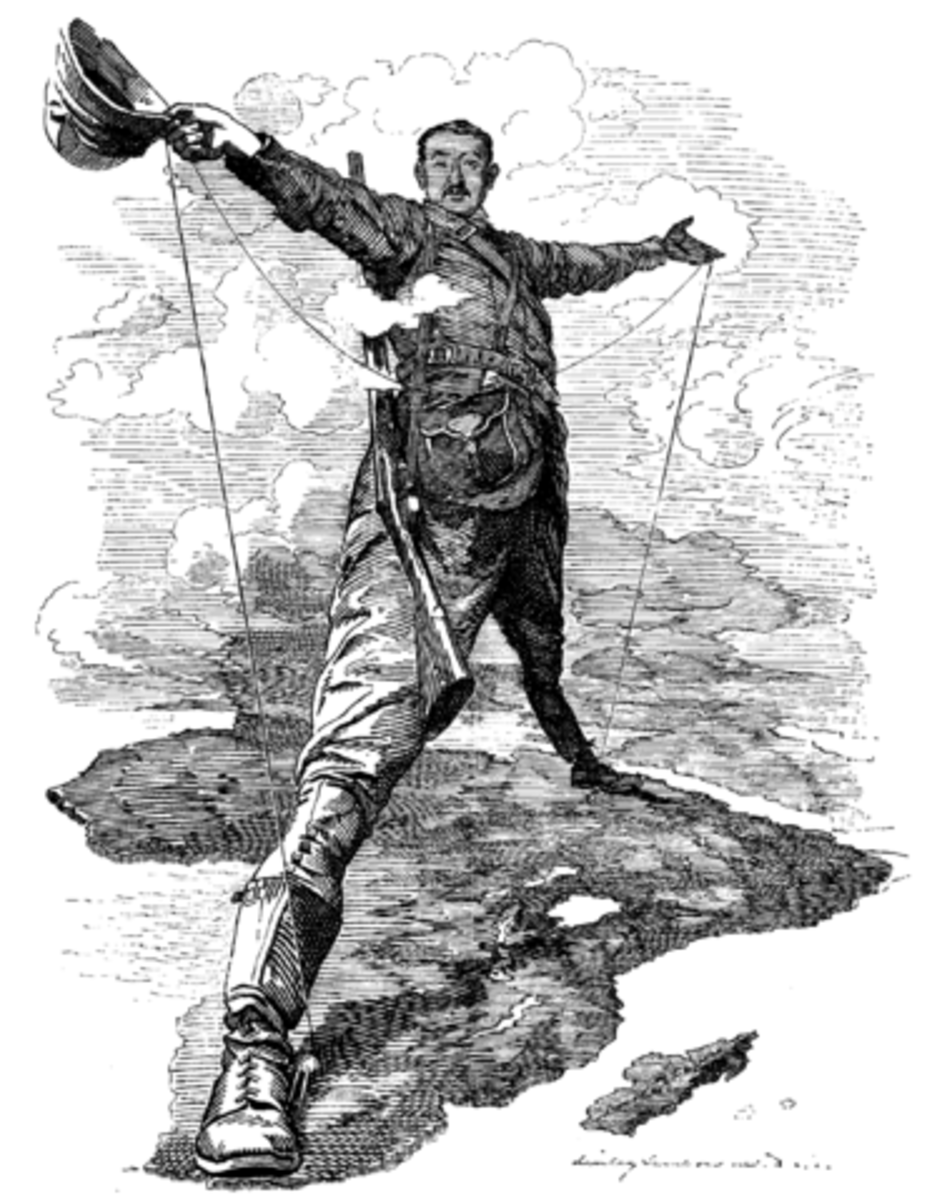What Impact Did the Transatlantic Trade Have on the British Empire?
The transatlantic trade occurred in the Atlantic ocean between 16th -19th centuries. This trade was mainly concerned on slaves from the African Continent. Majority of these slaves, which were obtained by Europeans, were from Western and Central parts of Africa. These European merchants then transported them to South and North America. The trade increased the number of African Immigrants to both South and North America by the 18th century. The economic system in South Atlanta and Britain relied on manufacturing apparel products and selling them in European markets. This transatlantic trade was therefore, an important aspect that was used by Britain as a means of obtaining cheap labor in cloth making and other industries. It is also noted that the British Empire wanted to use the high number of immigrants as way of expanding their colonies.
In the year 1660-1808, the British were notably, the most conspicuous in transnational trade. The participation and activities of the British were particularly more rigorous between 1660-1807. These were coupled with major strategies in the organization of the trade. For instance, the British Empire changed its strategy on how the voyages were managed and financed, investment patterns, and how it related with its colonies such as North America. Other changes introduced by the British to enhance this trade include changing the internal structures of the British organizations that were involved in this trade. This included establishing a relationship between the ports, colonies and the actual trade. More so, the transatlantic trade generated the British Empire much profit, which had been the subject of discussion at that time and even the present times. The effect of this trade on the economy of the British Empire was not only restricted to the investment of capital, rather, its impact was much broader.
The South Atlantic systems were the British Colonies in North and Central America, the Caribbean islands that were sugar producing, as well as West Africa. Most of the products produced in these colonies included the tobacco, silver, cotton, sugar and most importantly, slaves who were used as labor in the making of these products. In North America for instance, many Native Americans had succumbed to death since new ailments had attacked the area and killed vulnerable people who were not immune to these diseases. In fact, the death rate at that time was recorded at 90% for the Native Americans in the first century of their interactions with the Europeans. Another factor that led to the low population and lack of labor were the fact that few Europeans migrated to North America during the 16th and 17th century. This meant that the apparel making and other industries did not have sufficient workers.
The Transatlantic trade enabled the British Empire to expand not only its north American colony, but also other colonies in various parts of the world. In specific, Britain was able to acquire natural and financial resources from North America. The profits garnered from this slave trade were employed for developing, expanding the existing, and developing industries. Slaves were notably very crucial as a source of money in financing the industrialization process. This was the main factor, which led to the Industrial revolutions in North America and other economies and the current wealth, which Britain enjoys up to the present. It was the loss of the profits from this trade, which made Britain to abandon it in order to safeguard its economic interests.








